Could Hotmail password theft be due to a trojan?
A researcher says there is evidence that not all of the Gmail and Hotmail account passwords were taken as a result of phishing.
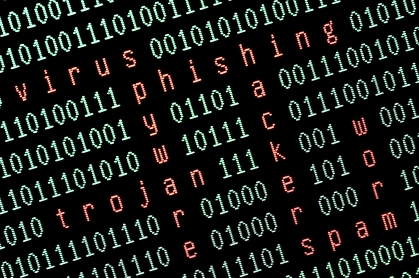
A security researcher has claimed that some of the passwords stolen from Hotmail, Gmail and other webmail services were the result of a data theft trojan rather than a phishing attack.
Originally 10,000 Hotmail passwords were leaked onto the pastebin website, posted by an anonymous user. Later on, Google confirmed Gmail had been targeted as well.
Although Microsoft and Google have both said that the passwords were taken as a result of phishing, ScanSafe security researcher Mary Landesman said there was no way that the companies could have been totally sure of this.
Speaking to IT PRO she said: "No offence to, and I don't mean to undermine either Microsoft and Google, but certainly neither one of them can actually definitively either."
"I think they came out with phishing as the most likely explanation in their minds without having really gone over the lists in great detail," she added.
Landesman said that there were a lot of indicators in the password lists that are consistent with data theft rather than phishing.
"It doesn't mean that 100 per cent of the list was derived from either source [phishing or trojan], more likely a combination of sources," she said.
Get the ITPro daily newsletter
Sign up today and you will receive a free copy of our Future Focus 2025 report - the leading guidance on AI, cybersecurity and other IT challenges as per 700+ senior executives
The researcher said that one tell-tale sign of a possible trojan was that 1,369 of the account records appeared more than once and as some as many as five times.
"Phishing scams do not typically vet the usernames and passwords when they receive them," she said.
"The fact that there actually seems to be failed login attempts is much more indicative of a keylogger or some sort of trojan capture."
She also said on her blog post that previous lists of known phished accounts generally saw some victims left nonsensical messages as they realised that they were being phished, but this list had no such entries.
She said that although '123456' did appear in the list as a password, it still only appeared 63 times out of the 10,000 records, and by and large most of the users had respectable passwords, so were potentially less likely to fall for a phishing scam.
Microsoft and Google had not responded to our request for comment on Landesman's remarks at the time of publication.
-
 Cleo attack victim list grows as Hertz confirms customer data stolen
Cleo attack victim list grows as Hertz confirms customer data stolenNews Hertz has confirmed it suffered a data breach as a result of the Cleo zero-day vulnerability in late 2024, with the car rental giant warning that customer data was stolen.
By Ross Kelly
-
 Lateral moves in tech: Why leaders should support employee mobility
Lateral moves in tech: Why leaders should support employee mobilityIn-depth Encouraging staff to switch roles can have long-term benefits for skills in the tech sector
By Keri Allan
-
 Google Workspace is getting a Gemini makeover – but prices are going to increase
Google Workspace is getting a Gemini makeover – but prices are going to increaseNews The new pricing structure may help Google boost competition with Microsoft
By George Fitzmaurice
-
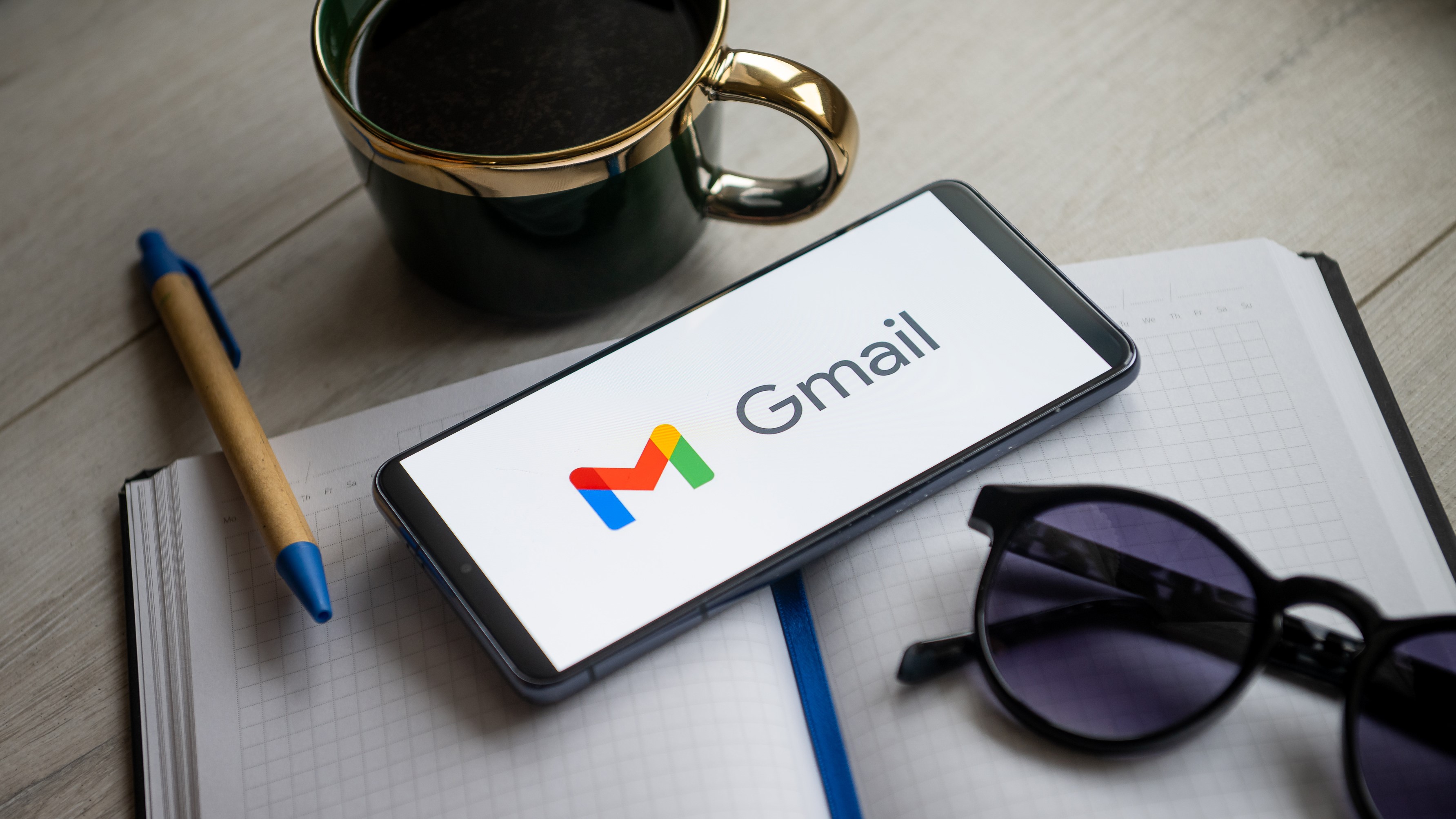 Google confirms Gmail is “here to stay” amid speculation over plans to scrap the email service
Google confirms Gmail is “here to stay” amid speculation over plans to scrap the email serviceNews Claims that Google plans to sunset Gmail were a hoax, so there's no need to panic
By Ross Kelly
-
 Google Workspace Review: A simple aesthetic with productivity in mind
Google Workspace Review: A simple aesthetic with productivity in mindReviews From free to enterprise, Google’s ever-popular productivity suite has a range of tiers and functions for all sizes of business
By Ross Kelly
-
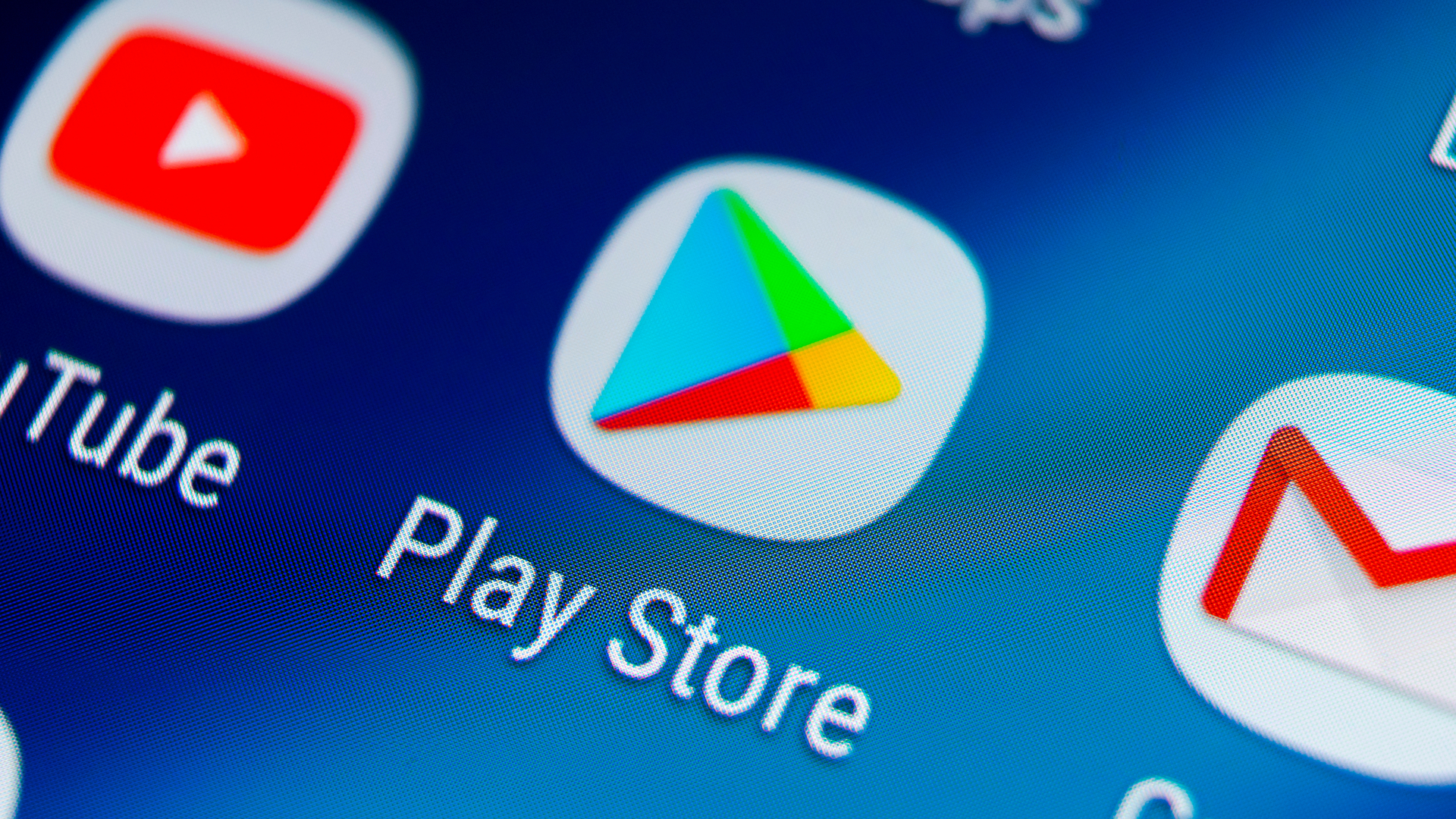 Android Trojan charges millions of victims €36 per month
Android Trojan charges millions of victims €36 per monthNews Up to 10 million users across 70 countries are thought to have been affected
By Sabina Weston
-
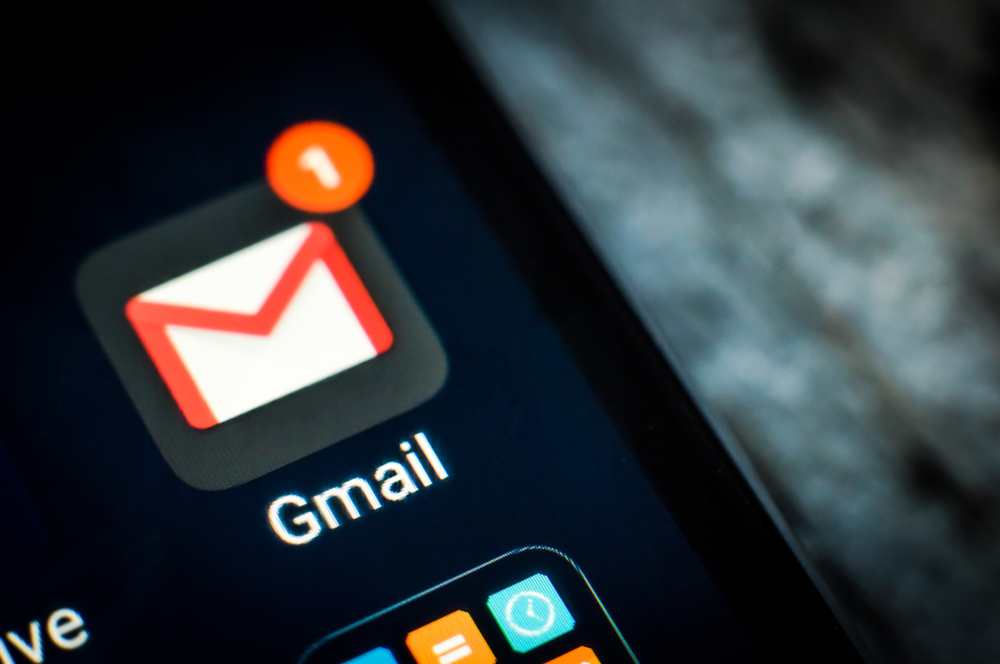 CloudHQ fully integrates Gmail with Google Sheets
CloudHQ fully integrates Gmail with Google SheetsNews Users can bulk export email text to Google Sheets, Excel, or CSV files
By Praharsha Anand
-
 Gmail for G Suite becomes a hub for corporate communications
Gmail for G Suite becomes a hub for corporate communicationsNews Everything you need is now on one page, but it may get overwhelming
By Justin Cupler
-
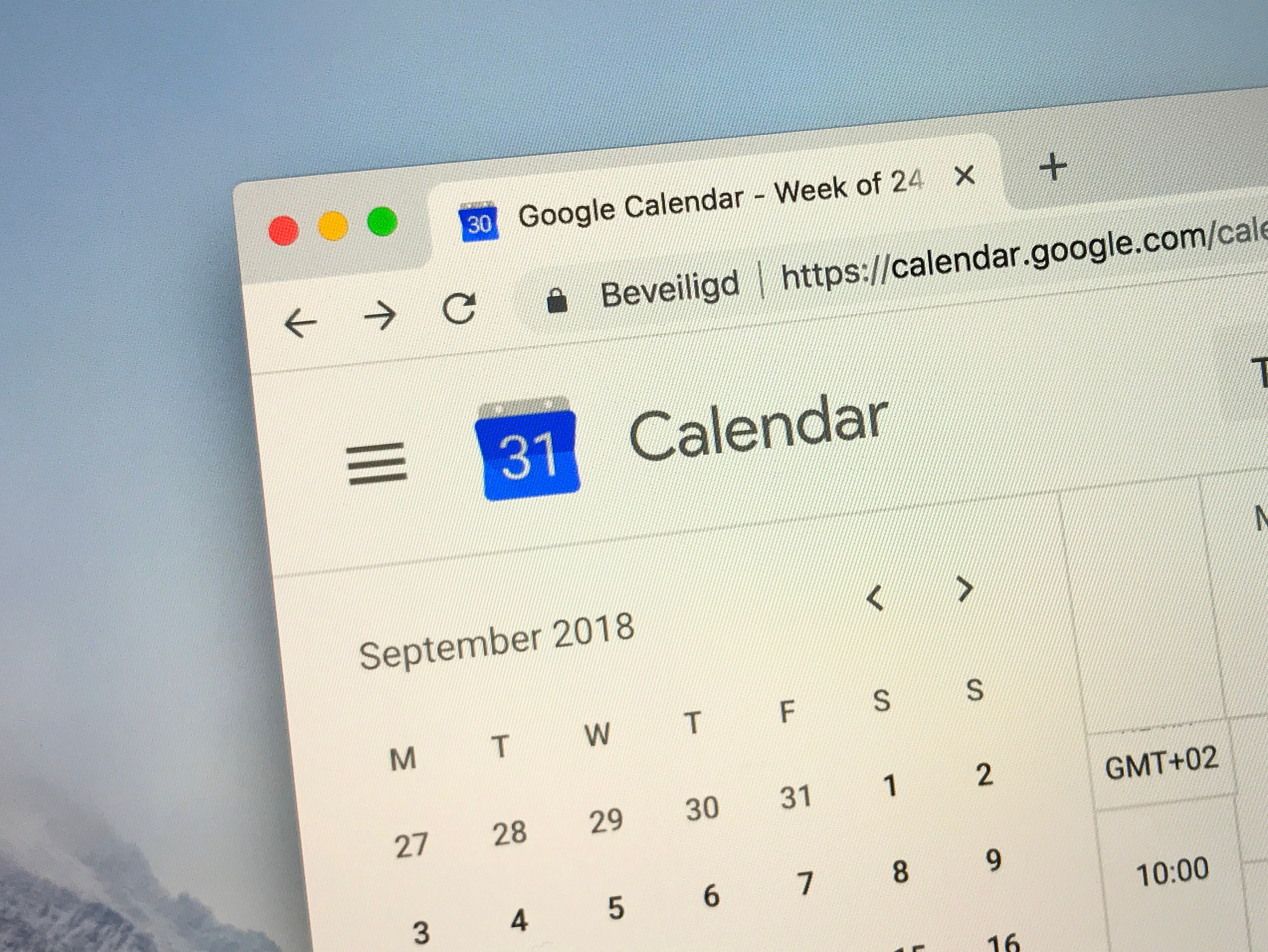 How to share your Google Calendar
How to share your Google CalendarTutorials Follow these easy steps to share your Google Calendar with family, friends or team members
By Sarah Brennan
-
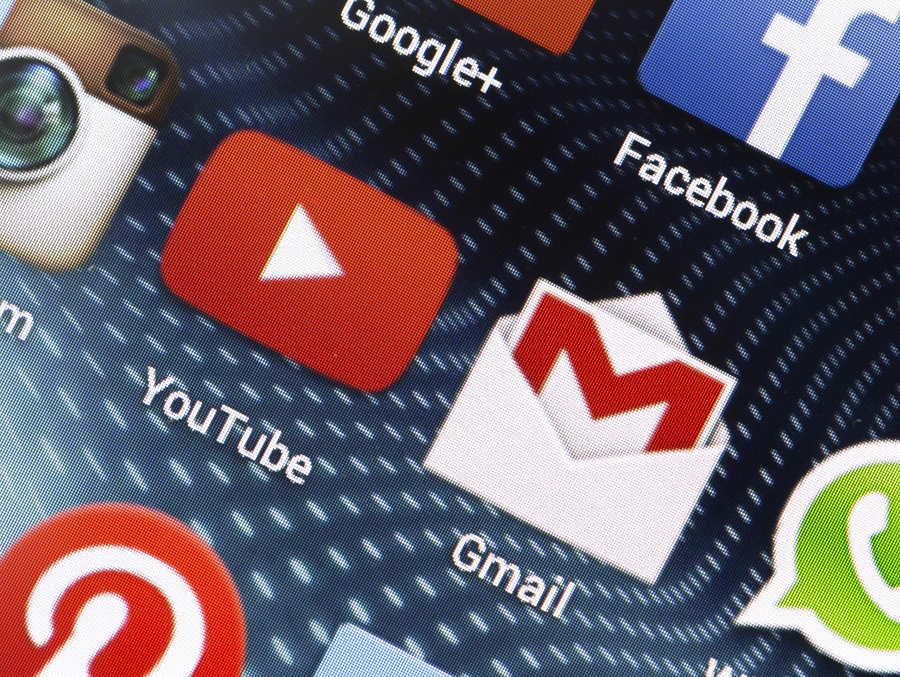 Gmail introduces new features to makes personalizing your inbox easier
Gmail introduces new features to makes personalizing your inbox easierNews G Suite customers will see the Quick Setting feature starting June 2020
By Susan Johnson